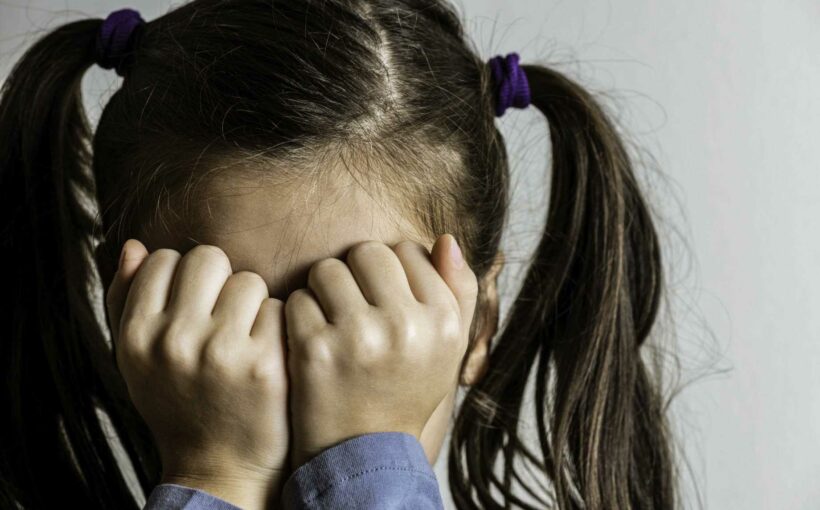ALMOST half of British parents worry – on a daily basis – about their child being bullied online, according to research.
A study of 2,000 mums and dads of kids aged five to 18 uncovered alarming findings regarding online bullying and its impact on child safety.
Almost a quarter (24 per cent) admitted their child has been bullied either online or in real life.
Of those, 70 per cent of children suffered at least three instances of bullying.
When asked how their child handled being bullied, 35 per cent of parents admitted their child hid their feelings from them, 29 per cent stopped going to school and 28 per cent stopped seeing their friends.
According to the study, which sought to understand how parents are tackling bullying in the digital age, commissioned by Find My Kids, 48 per cent expressed concerns about their child's online safety.
More than a quarter (28 per cent) of children were found to use apps such as Tiktok, Roblox, or Instagram on a daily basis, while the same percentage engaged with these platforms multiple times a week.
The potential risks of these apps were often overlooked by parents though, as 38 per cent admitted they were unaware of the online bullying risks which could occur while their child was using them.
While a portion of parents reported having regular conversations with their children about online bullying, 39 per cent said such discussions were infrequent.
Shockingly, seven per cent of parents confessed to not having discussed online bullying at all.
Most read in The Sun
Holly fights tears saying she feels 'let down' by Phil 'not telling the truth'
BGT fans demand show is cancelled after shock winner in 'joke of a final'
Britain's Got Talent reveals Viggo Venn as the winner in dramatic final
I won't watch Holly's return to This Morning, says Phillip Schofield
The study, conducted via OnePoll, also delved into parental awareness of the signs of online bullying, as only 22 per cent felt that they could confidently recognise the signs of bullying.
And while 81 per cent of parents believed their child would inform them if they were a victim of bullying, 19 per cent admitted they were unsure whether their child would speak to them.
Vadikh Giniatulin, CEO of Find My Kids, said: “We understand that recognising the signs of online bullying can be challenging for parents.
“That’s why we allow parents to be aware of which apps their children are using and for how long, so that they can connect with their kids and have an open discussion about risks.”
In terms of preventive measures, the study found a significant number of parents had taken steps to protect their children from online bullying.
Nearly half (45 per cent) have implemented multiple different measures to ensure their child was safe online, however 22 per cent had not taken any steps due to lack of knowledge or a perceived lack of concern.
Of those who did act, 48 per cent actively listened and offered support to their children.
Taking it a step further, 39 per cent restricted or monitored online activities, and 27 per cent involved the school or relevant authorities.
However, 21 per cent admitted they would simply let their child handle their own bullying issues instead of getting involved.
The study also found 38 per cent of parents were unsure about the potential impact of online bullying on their child's safety in real life.
And 53 per cent admitted they were more concerned about bullying at their child's school than online.
However, the impact bullying has on parents is significant, with 16 per cent admitting to feeling helpless, while 29 per cent have felt anger.
Read More on The Sun
Holly Willoughby pictured arriving at ITV for first This Morning since Phil exit
BGT fans shocked as live audience ‘boo’ judge within seconds of final starting
Vadikh Giniatulin added: “Our mission at Find My Kids is to raise awareness around children’s safety in the digital world and equip parents with the necessary tools and resources to ensure their children's safety in real life too.
“We are committed to empowering parents and providing them with the support they need to protect their children from such harmful experiences."
Source: Read Full Article







